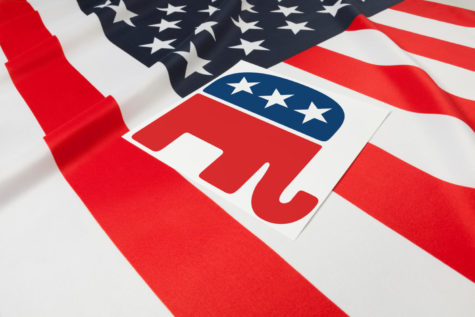Meat or no meat that is the question
August 9, 2010
Steak or shake: developing a consistent relationship with animals and their byproducts.
Coming to college means leaving the comfortable confines of parental guidance, and opens the doors to innumerable new lifestyle choices. One of the many decisions to be made is to eat, or not to eat meat.
When the prospect of reconsidering one’s place of the food chain is addressed, many questions naturally follow: the animals’ living environments, the animals’ effect on the global environment and the efficiency of raising animals.
The full scope of the repercussions of any potential decision must be considered when deciding ones’ diet; at least they should be.
Frustration overcame me earlier this summer when a friend stated, “The way we treat animals is so inhumane.” Setting aside the fact the root of the adjective made it a humorous choice for the present discussion, I surveyed her over her chicken quesadilla.
“You could always become vegetarian,” I said.
My friend’s response, like that of most people that lament the conditions to which animals are subjected, was to do nothing.
The concept “put up or shut up” comes to mind. That is to say, I can respect people for making difficult countercultural statements, as long as they are willing to reflect those positions with their actions.
Instead, I am forced to hear people pontificate wildly about ethical superiority because they “feel for the animals,” and “want to do something about it,” but they never do. I offer a list of suggestions for people that want to live a consistent life when it comes to their relationship to the greater animal kingdom.
First, it must be said that hunting is no worse than buying food from Hy-Vee. In fact, it could be seen as more considerate of the animal in question because, unlike the factory farmed animal sold over your local meat counter, the animal killed by a hunter’s bullet had a period of free-range existence.
Next, the person interested in a holistic separation from responsibility for the killing of animals must bear in mind that leather, most shoes; gelatin, marshmallows and some yogurt in addition to Jello; and honey must be avoided. Use of any of these products causes at least the exploitation of the animals in question, if not death.
The final common inconsistency in the animal-friendly community is one of degree. As an illustration, the idea of slapping mosquitoes and hugging hippos might be considered. The underlying thought process is that either: 1) level of sentience, or 2) level similarity to humans, offers a valid scale with which to measure the amount of respect an animal deserves.
The logic in this idea is suspect; actually, it is nonexistent.
However, it does shed light on the pseudo-vegetarian known as the pescetarian. The pescetarian is a person who would otherwise be categorized as a vegetarian, save for the fact he eats fish.
The pescetarian is the idealized proof of the above misconception in that he has chosen the least human-like meat, the fish, as his lone exception. Is it a coincidence that the fish cannot protest vocally the way any other meat can as it is being lead to slaughter? I think not.
All that said, I have nothing wrong with people who decide not to eat meat. In fact, the opposite is true. I have great respect for people that decide to take a controversial stand for a cause they support.
However, I do encourage people that subscribe to any of the glaring inconsistencies I discussed to reevaluate their own actions before telling me, “God cries when I kill Bambi.”














